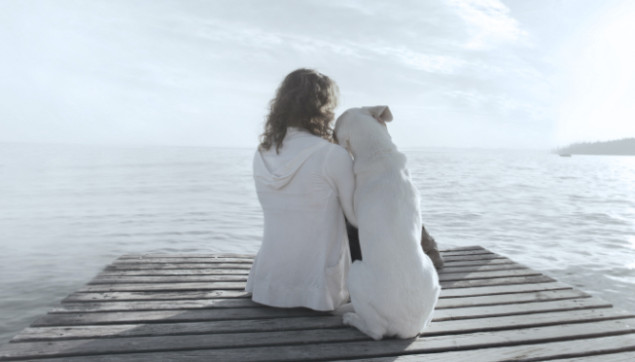How to deal with loss and grief

Last updated on 5th January, 2024 at 02:10 pm
Dealing with loss and grief is never easy, but in these unprecedented times, it can be an even more isolating experience. But there is light at the end of this dark tunnel. Here are ways to cope, and when to seek help.
What is grief?
“Grief is a deep, personal response to a loss,” explains grief, loss and trauma counsellor, Gail van Niekerk. “The experience is a very individual one that is subject to constant change.” And more than just mourning the death of a loved one, many people are grieving other losses, such as losing a job, a dream, or life as it once was.
Grieving is a healthy response to loss, and it’s important to go through the process in order to come out the other side in a good mental state. “According to contemporary psychologist, William Worden, there are four tasks, or stages, you have to go through to reach a place of acceptance, outlined in his book Grief Counseling and Grief Therapy: A Handbook for the Mental Health Practitioner,” says van Niekerk. “The first one is to accept the reality of what has happened rather than deny it. The second task is to allow yourself to experience the pain of grief. The third is to adjust to the environment without the ‘missing’ person, and the practical changes that come with it. The final stage is to find ways to stay connected to the deceased while carrying on living your life to the full.”
The most common symptoms associated with grief are depression, detachment, anxiety, numbness, irritability, inability to experience joy and an obsession with the loss. Physical symptoms can include digestive problems, headaches, fatigue and muscle pain.
Grief in the time of COVID-19
There’s no denying that the COVID-19 pandemic – and the safety legislations that came with it – has impacted the way people grieve. “Because of isolation and social distancing, the final ritual of the funeral is often not taking place as it should,” says van Niekerk. “It also means that the social support, which is so necessary while grieving, is sometimes lacking, which is a great concern.”
This doesn’t mean that all hope is lost. There are still several ways to cope with grief, even in these uncertain times. “Connections are so important,” says van Niekerk. “Even though we can’t make physical contact, reaching out to friends and family telephonically or over the internet can provide you with love and support.”
Another thing that can help after a loss is to try and maintain a routine and to factor in self-care. “Taking care of yourself during the grieving process is crucial. Try to commit to basic acts of self-care, such as eating and getting enough sleep,” she advises. “Journalling has proven to be therapeutic, as it allows you to get persistent thoughts out of your head and down on paper.”
Being there for the bereaved
Know someone who has recently lost a loved one and you want to know how best to support them? “It’s not about making it better or giving advice, but listening,” explains van Niekerk. “Saying things like ‘Don’t worry’ or ‘It’ll be okay’ could rob them of the process they have to go through. Be present with them and allow them to express their feelings without judgement.”
We are living in tough times and coping with more loss. But reaching out, whether you or a loved one is bereaved, can provide the necessary comfort on the road to closure.
Want to learn more?
We send out regular emails packed with useful advice, ideas and tips on everything from saving and investing to budgeting and tax. If you're a Sanlam Reality member and not receiving these emails, update your contact details now.
Update Now







